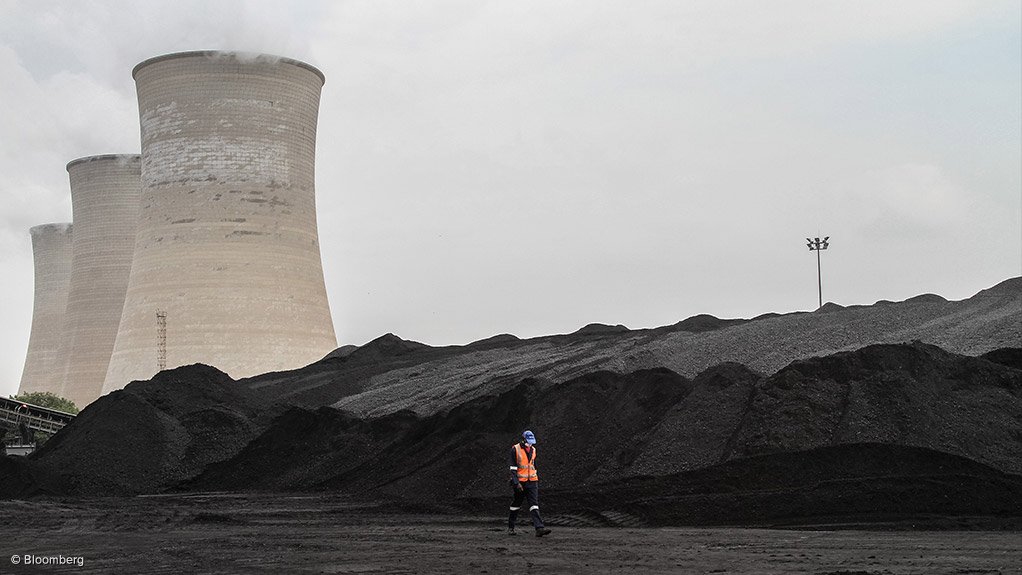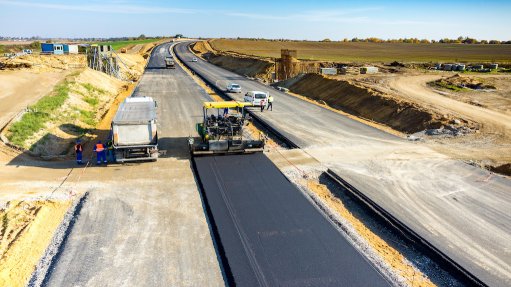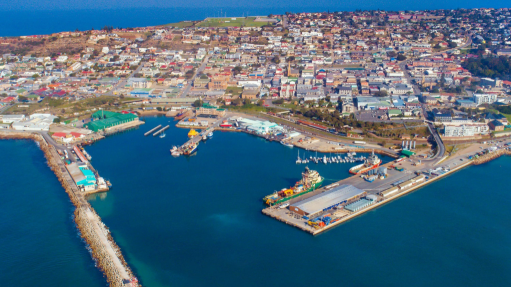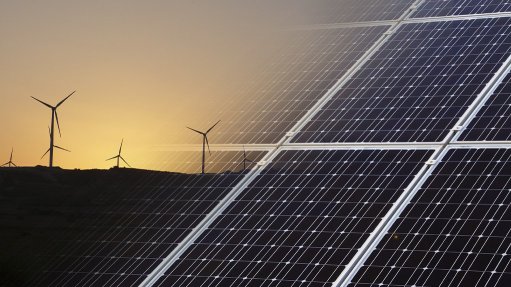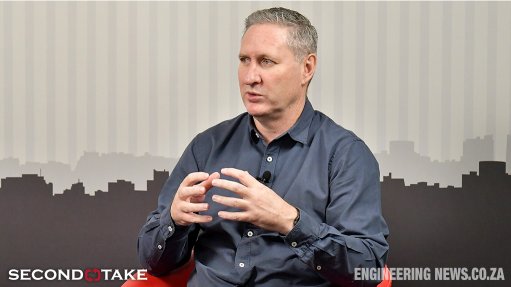More than 200 financial institutions are now pursuing coal exclusion policies
More than 200 financial institutions globally, including five South African banks, have established coal exclusion policies, a new report by the Institute for Energy Economics and Financial Analysis (IEEFA) shows.
These include asset managers and owners with assets under management of more than $50-billion, as well as international banks, insurance and reinsurance companies, export credit agencies, multilateral development banks and development finance institutions with assets exceeding $10-billion.
The report notes that, while it took almost six years for the first 100 institutions to announce such policies, the number has doubled in little over three years and momentum has also emerged over the past two years behind moves to strengthen coal exit policies.
Europe, where 114 financial institutions have coal exclusions in place, continues to lead the way both in terms of numbers and the strength of the policies being implemented. It is followed by Asia-Pacific with 53, North America with 27, as well as six in Africa and two in South America.
IEEFA notes that a total of 22 financial institutions in the emerging economies have established coal divestment policies, including South Africa, Malaysia, China, Turkey, India, and the Philippines – countries that are largely reliant on coal for electricity.
The South African banks listed in the report include Absa, First Rand, Investec, Nedbank and Standard Bank. Only limited commentary is provided as to the relative strength of these policies.
The report has been published as South Africa considers delaying the closure of certain coal-fired power stations amid almost daily power cuts, owing to the poor performance of the Eskom coal fleet.
South Africa’s new Electricity Minister, Dr Kgosientsho Ramokgopa, has also proposed that additional funding be secured to maintain the stations, as well as to position certain units and mines for continued production beyond their scheduled dead-stop dates.
The US, France, the UK, Japan, South Korea, Germany, Australia and the Netherlands have the highest number of financial institutions with formal coal exit policies and 47 banks have strengthened their coal exit policies over the past two years.
The report states that a total of 51 globally significant insurance and reinsurance companies have also established formal coal exit policies, while half of the 36 asset managers and owners with formal coal divestment policies, managing assets worth over $50-billion, have implemented or improved their policies in the last two years.
However, IEEFA highlights that three of the largest asset managers, Blackrock, State Street Global Advisors and Vanguard, managing assets worth US$20-trillion, have either formulated weak coal exit policies or have no policy at all.
The most comprehensive coal exit policies move beyond individual project restriction to restrictions on any financial services for companies that have some exposure to coal. These restrictions relate to corporate finance, underwriting and investment as well as restrictions on wider coal activities such as coal gasification, super-critical coal power plants, and coal for rail and port infrastructure.
IEEFA debt markets leader for Asia Pacific Christina Ng believes the number of institutions making such commitments is likely to continue to grow and more will strengthen existing policies.
“We see two prominent trends which are redefining capital markets.
“First, we see more financial institutions committing to investment policies that are moving away from fossil fuel projects.
“And second, we are seeing many of these institutions revising their policies and strengthening them as the market increases its knowledge of climate risk as a source of systemic risk to the global financial system.
“Institutions are getting tougher on what they will finance, and they have identified coal is a risky investment. They see climate risk as a financial risk.
Comments
Press Office
Announcements
What's On
Subscribe to improve your user experience...
Option 1 (equivalent of R125 a month):
Receive a weekly copy of Creamer Media's Engineering News & Mining Weekly magazine
(print copy for those in South Africa and e-magazine for those outside of South Africa)
Receive daily email newsletters
Access to full search results
Access archive of magazine back copies
Access to Projects in Progress
Access to ONE Research Report of your choice in PDF format
Option 2 (equivalent of R375 a month):
All benefits from Option 1
PLUS
Access to Creamer Media's Research Channel Africa for ALL Research Reports, in PDF format, on various industrial and mining sectors
including Electricity; Water; Energy Transition; Hydrogen; Roads, Rail and Ports; Coal; Gold; Platinum; Battery Metals; etc.
Already a subscriber?
Forgotten your password?
Receive weekly copy of Creamer Media's Engineering News & Mining Weekly magazine (print copy for those in South Africa and e-magazine for those outside of South Africa)
➕
Recieve daily email newsletters
➕
Access to full search results
➕
Access archive of magazine back copies
➕
Access to Projects in Progress
➕
Access to ONE Research Report of your choice in PDF format
RESEARCH CHANNEL AFRICA
R4500 (equivalent of R375 a month)
SUBSCRIBEAll benefits from Option 1
➕
Access to Creamer Media's Research Channel Africa for ALL Research Reports on various industrial and mining sectors, in PDF format, including on:
Electricity
➕
Water
➕
Energy Transition
➕
Hydrogen
➕
Roads, Rail and Ports
➕
Coal
➕
Gold
➕
Platinum
➕
Battery Metals
➕
etc.
Receive all benefits from Option 1 or Option 2 delivered to numerous people at your company
➕
Multiple User names and Passwords for simultaneous log-ins
➕
Intranet integration access to all in your organisation



